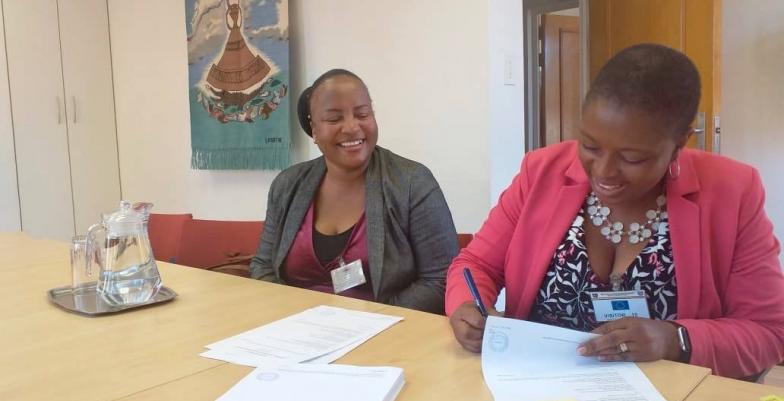Gender Action Plan III & its key areas of EU engagement
The EU is determined to lead by example internally as well as externally, focusing on key areas of engagement as defined in the EU Gender Action Plan (GAP III). The duration of GAP III has be extended from 2025 until 2027.
The GAP III calls for a gender equal world as a continuation and building on the work, lessons learned and the achievements of GAP II. The EU has an important role to play in achieving a gender equal world through supporting partner countries to address gender discrimination. The EU will implement GAP III in every aspect of its external action through a gender-transformative and intersectional approach both in terms of GAP III’s geographical coverage and areas of action, as well as gender mainstreaming in all areas of external action.
On This Page
- Combatting Gender-based Violence
- Promoting Sexual & Reproductive Health & Rights
- Strengthening Economic & Social Rights & Empowering Women & Girls
- Advancing Equal Participation and Leadership
- Implementing the women, peace and security agenda
- Challenges & Opportunities of Green Transition & Digital Transformation
Navigate the topic
Gender Action Plan III
The EU Gender Equality Action Plan III (GAP III) is the European Union's commitment to promoting gender equality and women’s empowerment in EU external action.
The Joint Mid-term Report underscores the EU's resolute commitment to gender equality and empowerment. Together, we work towards a brighter, more equitable future guided by our shared vision, collective efforts, and unwavering determination.
Against the backdrop of security and conflict shifts and geopolitical power competitions, the implementation of Women, Peace and Security agenda and the commitment to mainstream gender perspective in responding effectively to these security threats is ever more important.
In addition, ‘best practices’ stories and materials on gender equality are published on EU Gender Action Plan GAP III | Capacity4dev.
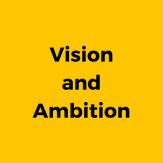
GAP III represents a comprehensive strategy to accelerate global gender equality, aligning with international commitments and the Sustainable Development Goals. At its midpoint, GAP III has proven to be an ambitious agenda, elevating gender equality as a strategic priority in EU external actions. The EU remains committed to the full implementation of GAP III.
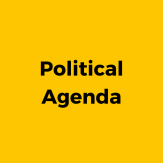
GAP III places human rights and empowerment, particularly for women and girls, at the forefront of the political agenda, even in security and human rights dialogues. 85% of EU delegations engaged in civil society dialogues on gender equality in 2023.
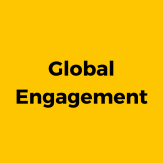
GAP III serves as a crucial platform for dialogue in a challenging global context. The EU and its Member States have actively driven resolutions and partnered with the United Nations (UN) to combat violence against women, contribute to the UN Commission on the Status of Women, and promote gender perspectives in climate and digital decision-making.
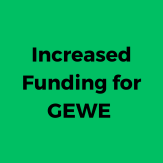
Among its key achievements, GAP III has resulted in increased actions and funding for gender equality and women’s and girls’ empowerment. Moving towards the target of 85%, in 2023, new external actions that have gender equality as principal or significant objectives amounted to almost 83%.
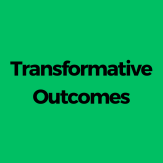
Numerous success stories, best practices, and outcomes arising from the implementation of GAP III are showcased on: Towards a Gender Equal World: the EU Gender Action Plan III

To adapt to the local contexts and addressing the unique challenges faced by women and girls, 95% EU delegations have put in place country-level implementation plans (CLIPs) to adapt GAP III to their local context, based on gender analysis (gender country profiles).
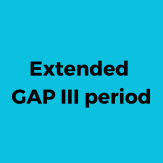
To facilitate delivery of recently launched initiatives and further enhance internal processes of change, including through the investment in gender-responsive leadership, the EU will extend the implementation period until 2027 and thus align the duration of the GAP III with the 2021-2027 multiannual financial framework.
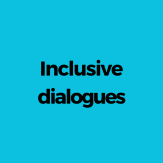
The EU aims to amplify the voices and agency of women and girls, who are at the forefront of the struggle for democracy and a more peaceful, equitable, and sustainable future.
The EU pledges to foster more regular, strategic, and inclusive dialogues with women's rights and civil society organizations, reaching out to marginalized communities.
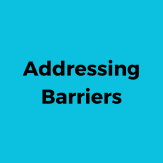
Efforts will be made to overcome structural and political barriers hindering efficient gender mainstreaming, particularly in Common Foreign and Security Policy (CFSP) implementation. The EU commits to enhancing gender mainstreaming, increasing gender-targeted action and funding, and ensuring gender-responsive review processes for all Global Gateway and Team Europe initiatives. Investment in gender analysis and data collection is vital for targeted policies and improved result monitoring.
Third anniversary of GAP III
Second anniversary of GAP III
First anniversary of GAP III

Combatting Gender-based Violence
The EU is a global leader in the fight against gender-based violence. Violence against women and girls is a crime and it is also one of the most devastating human rights violations in the world. It is many times a life-threatening health issue, which is rooted in gender inequality, the abuse of power and harmful norms.
Gender-based violence prevents women and girls from fully participating in society. It weakens the social fabric that binds families and communities together, preventing countries from achieving social stability and economic development.
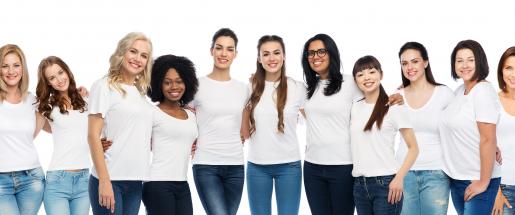
Promoting Sexual & Reproductive Health & Rights
Sexual and Reproductive Health and Rights are crucial for women’s and girls’ right to self-determination. Each individual has the right to have full control over and decide freely and responsibly on matters affecting their sexuality and sexual and reproductive health, free from discrimination, coercion and violence, to lead healthy lives and to participate in the economy and in social and political life. Access to quality and affordable comprehensive sexual and reproductive health information, education, including comprehensive sexuality education, and health-care services is needed.
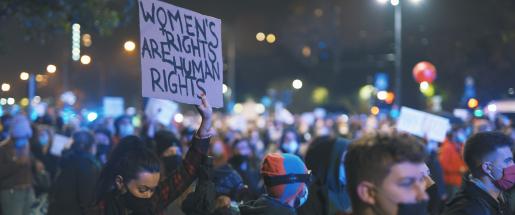
Strengthening Economic & Social Rights & Empowering Women & Girls
The EU strives to ensure and strengthen the economic and social rights of women and girls.
In order to be economically independent, women and men in all their diversity should have equal opportunities, equal access to employment, decent work, equal pay for equal work. Furthermore, women and men should equally share care responsibilities and have access to adequate social protection, public services, and financial and business opportunities.

Advancing Equal Participation and Leadership
The EU is committed to including women at top management levels and ensuring a gender-responsive as well as gender-equal leadership. As enshrined in GAP III, the EU is determined to lead by example to engage women in political life.
Women and girls should participate equally in the public and private sphere, to achieve a functioning democracy and economy, and to fulfil human rights for all. This has major benefits for society as a whole, ranging from the enhanced credibility of democratic institutions to a lower incidence of state-perpetrated violence.

Implementing the women, peace and security agenda
The EU actively implements the UN Security Council Resolution 1325 on Women, Peace and Security (WPS Agenda) putting it at the centre of the full spectrum of the EU Common Foreign and Security Policy. The implementation of the WPS agenda represents an essential tool in ensuring that the rights, agency and protection of women and girls are observed and upheld at all times, and to confirm that a meaningful and equitable role in decision-making is secured for women of all ages during all stages of conflict prevention, peace-making, peacebuilding and post-conflict rehabilitation. An example of this is the EU Strategic Compass where Women, Peace and Security forms an integral part.
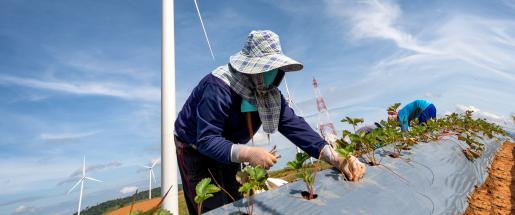
Challenges & Opportunities of Green Transition & Digital Transformation
Women and girls in developing countries are particularly affected by the impact of climate change and environmental degradation, such as ecosystem loss, loss of access to key natural resources, malnutrition and respiratory, water-related and vector-borne diseases.
As primary users and managers of natural resources, women play an essential role for climate change mitigation and adaptation and environmental protection. However, they are prevented from participating equally in related governance processes for multiple reasons, including harmful gender norms, inadequate legal frameworks, low access to education and land ownership.


